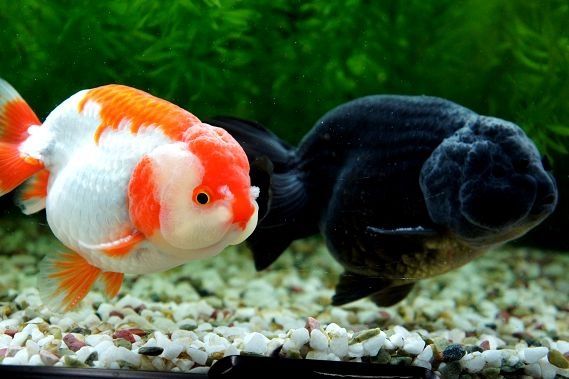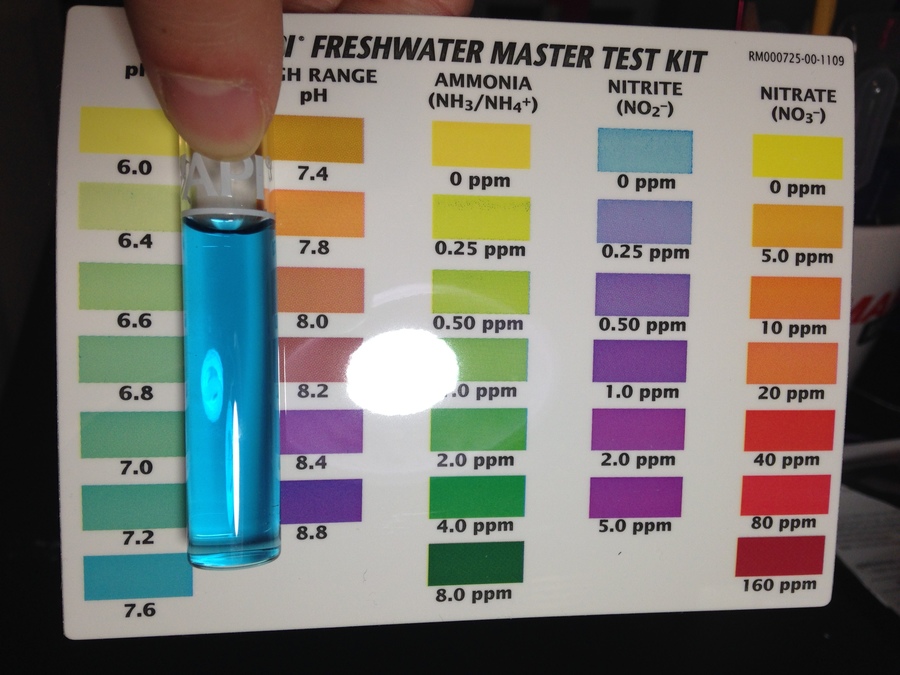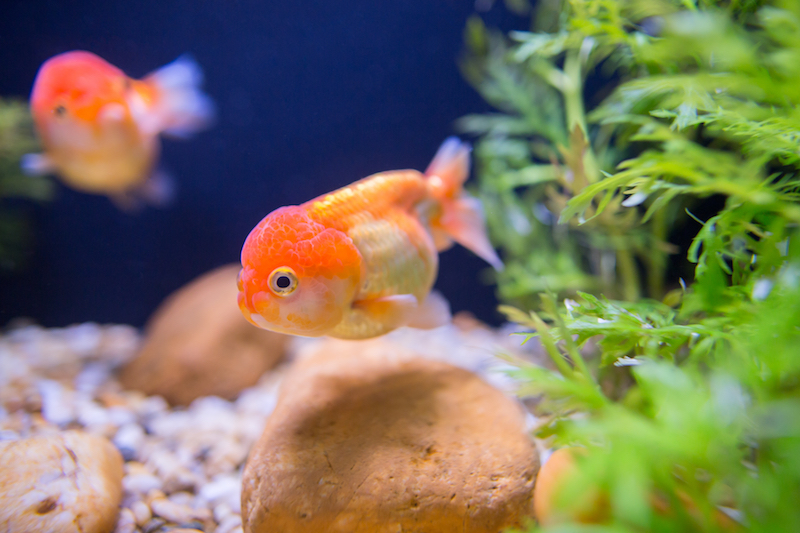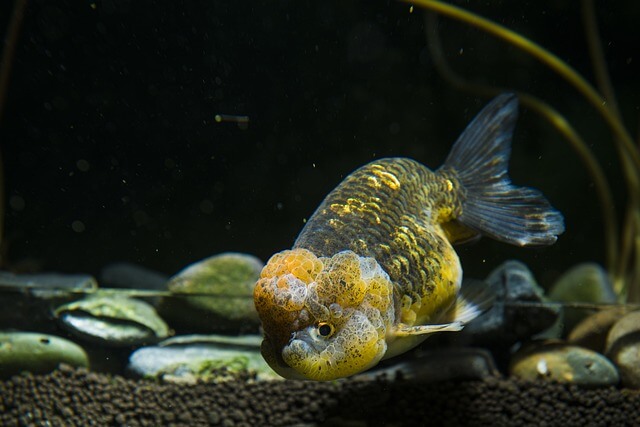
Aquarium Test Kits – the unsung heroes of the fish world! Have you ever looked at your goldfish and thought, “Is it just me, or is Goldie not looking so golden today?” Well, you’re not alone.
In this guide, we’ll help you see your aquarium’s health in HD, shedding light on the top 5 test kits in the market. So sit back, grab a cup of coffee (or a fish net) and let’s dive into the ‘reel’ details. It’s not just for the fish geeks, it’s for anyone who cares about their finned pals. Ready? Let’s make a splash!
Why Testing Your Aquarium Water is Necessary

Let me start with a fun fact. Did you know that aquarium water could give the Great Sphinx of Giza a run for its money in terms of being mysterious? It’s amazing how that transparent stuff can hold so many secrets. Not as ancient, but equally fascinating. But let’s unlock some of those secrets today.
Importance of Monitoring Water Parameters
It’s not mere H2O we are talking about. Your aquarium water is a cocktail of chemicals. Not the fizzy kind of cocktail, of course. We’ve got nitrogen, ammonia, and pH levels to contend with. Throw in a dash of nitrite, nitrate, and alkalinity and you’re indeed dealing with water Jekyll and Hyde style! Testing helps you understand this mixture. It uncovers what lurks beneath the glassy calm, helping you maintain a healthy aquatic environment. Because happy water equals happy fish!
Risks of Poor Aquarium Water Conditions
Now, nobody likes a grumpy fish. Poor water conditions could be the equivalent of feeding your fish a poor diet. Think of it like trying to enjoy a pizza while running away from a bear. Sound like fun? Believe me, it’s not. Poor water conditions can lead to stressed fish and stunted growth. In the worst-case scenario, it can be fatal. Yes, the relationship between your fish and water can be that spitefully affectionate.
Now that we’ve dived (pun intended) into the necessity of testing your aquarium water, let’s discuss the various types of test kits available in the market. Ready to become an aquarium Sherlock Holmes? Let’s go deeper.
Types of Aquarium Test Kits

Before dive into the deep blue sea of aquarium test kits – let’s find our sea legs. We’ve got three main types to anchor ourselves with: liquid test kits, test strips, and digital testers. Each has its merits, its quirks, and may be more suited to a particular Captain Nemo than another.
Liquid Test Kits
Liquid Test Kits are the old salts of the aquarium community – tried and true. You simply perform the forbidden alchemy of mixing a few drops of aquarium water with the testing solution, and voila, you have a color result. The color compares to a provided chart, giving you readings on your water parameters. Now, these aren’t as simple as appears (you need to be a bit of potion master for this), but they usually offer more precision, hence, giving you a more accurate reading than their counterparts.
Test Strips
Test Strips, are the fast and easy cruise ship of testing. Dipping these little darlings into the tank and waiting a few moments earns you instant test results. They’re user-friendly as the Titanic before the iceberg, but they may not always give you the most accurate readings. If you’re after convenience, jump on board, but remember sometimes smooth sailing isn’t a guarantee!
Digital Testers
Digital Testers, the futuristic submarines of water testing! These high-tech toys give you an easy and accurate readout within seconds. They glide through the sea of testing with less manual labor but they do come at a cost – a larger price tag! So, if budget isn’t a concern – hop in and enjoy the ride!
Now that we’ve navigated the waters of aquarium test kits, let’s cast a line into the big fish – our top 5 recommendations! We’ll offer short descriptions, drop some pros and cons, and give you a summary of what other Nemo parents are saying. So, hold onto your sails, because we’re setting course for uncharted waters.
Review of the 5 Best Aquarium Test Kits

Now that we understand why testing is essential and the types of kits available, let’s dive into the main event. The review of the top 5 aquarium test kits, each with their highs and lows and whom they are best suited for.
API Freshwater Master Test Kit
Enter the API Freshwater Master Test Kit. It’s like the Swiss Army knife of aquarium test kits. Known for its accuracy, it is the perfect match for serious aquarists. However, keep in mind the procedure might be somewhat complex for rookies. Customers rave about its precision, though some express wishes for clearer instructions.
SJ Wave 7-in-1 Aquarium Test Kit
The SJ Wave 7-in-1 is perfect for those who value multipurpose efficiency. With 7 tests in a single strip, it’s the ultimate time-saver. On the flip side, it doesn’t offer the extreme accuracy that some other kits do. Users love the convenience, but some yearn for a bit more precision.
API 5-in-1 Test Strips
Perfect for those who value speed and ease, the API 5-in-1 test strips significantly simplify maintenance. Although not quite as detailed as its master kit cousin, it still ensures decent accuracy. Customers appreciate their convenience but note they might be a bit expensive for routine use.
AQUALUNA Aquarium Test Strips
These strips from AQUALUNA get extra points for value. They provide reliable results without breaking the bank, and the straightforward instructions make testing a breeze! Most users value the bang for their buck, despite some wishing for a wider range of tests.
FUNSWTM 7 in 1 Aquarium Test Strips
Last but not least, the FUNSWTM 7-in-1 test strips offer a balance between comprehensiveness and affordability. Their simplicity is a boon for newcomers, and they’re a great choice if your budget is tight. While there are some slight accuracy trade-offs, users confirm they’re a great deal for the money.
Now you’re swimming with the big fish when it comes to aquarium testing kits! But, before you take the plunge and purchase, there are some factors you need to ponder.
Factors to Consider when Choosing an Aquarium Test Kit

When wading into the aquarium test kit market, it can seem quite daunting. That’s why we’re here to help you fish out the best one. In this section, we cover the important considerations when shopping for your ideal test kit.
Accuracy of Test Kits
Accuracy comes first. If your kit reads aquarium parameters as rosy when they’re gloomy, it’s time for a new kit. Look for kits known for their precision. Often, customer reviews will help you gauge this.
Easy to use
We’re talking about test kits, not rocket science kits. Your test kit should be simple to use. It’s important for it to provide clear instructions, whether it’s a test strip or a complex liquid test kit. We want your fish keeping experience to swim smoothly, after all.
Budget Considerations
As with everything, finding the balance between cost and quality is key. Some kits are budget-friendly but might not provide the entire spectrum of tests. Then again, all-the-bells-and-whistles kits can pinch your pockets a bit. So, balance the scales based on what’s needed.
Your Specific Needs
Your aquarium’s needs depend on its inhabitants. Freshwater fish might fancy different water conditions compared to their saltwater cousins. Hence, buying the test kit that suits your specific aquarium is paramount.
Now that we have understood what to look for when purchasing test kits, let’s dive deeper and explore how to use them effectively. Keep your snorkels ready, and let’s delve into the next section!
Tips for Using Aquarium Test Kits Effectively

Okay, so you’ve chosen to arm yourself with a test kit – wise move! However, keep in mind that owning a kit doesn’t automatically guarantee a paradise-like habitat for your finned friends. That comes with appropriate usage, and below, I’m going to give you some vital tips on that.
When and How to Conduct Tests
To maintain the best water conditions, regular testing is key – think once a week, minimum. It’s like your weekly bake-off – only instead of potential pudding disasters, you’re sidestepping actual disasters in your fish tank.
Open your test kit, follow the instructions (they differ by brand), and remember the golden rule: Omit no step, no matter how insignificant it seems. Skipping steps is for hurdle races, not test kits.
Understanding the Results
After conducting the test, you’ll be sporting some colored solutions or strips. But how to decode what these hues mean?
No, you don’t require an Art degree for this step. Relax, your test kit will include a color chart. Simply compare your samples against this chart and voila! You have your results. Easy as a Sunday morning, right?
Correcting Water Parameters
But what if your tank flunked the test? No need to panic like a fish out of water. The beauty of these test kits lies in their ability to pinpoint issues early, giving you time to adjust and correct before any Nemo or Dory in the tank suffers.
For hostile pH levels, consider using conditioners. Overpopulation causing nitrate spikes? Maybe Fishbook needs fewer friends. Your local pet store or online resources are treasure troves of solutions for various water quality issues.
Wrap Up
Consistently testing and monitoring your aquarium water is fundamental for your aquatic pets’ health. Picking the most suitable test kit, given your specific needs, budget, and accuracy desires, is paramount to this.
In our review, we facilitated the decision-making process by evaluating the top-five test kits. Make the most of these tools by understanding when to test, interpreting the results correctly, and knowing how to adjust water parameters as needed.
Frequently Asked Questions (FAQ)
Question: Why is it essential to test my aquarium water?
Answer: Aquarium water testing helps monitor water conditions to ensure optimal health for your fish. It helps identify any deviations from the ideal water parameters, such as temperature, pH, ammonia, nitrate, and nitrite levels.
Question: Which aquarium test kit is the most accurate?
Answer: Both liquid test kits and digital testers generally offer more accuracy than test strips. However, the accuracy could vary among brands, and user reviews are a great place to gauge a product’s precision.
Question: How often should I run tests on my aquarium water?
Answer: Typically, aquarium water should be tested weekly. However, it’s recommended to test the water more frequently if you’re cycling a new tank, after water changes, or if your fish exhibit signs of stress or disease.
Question: How can I understand the results from the test kits?
Answer: Most aquarium test kits come with a color chart or digital readings to help you interpret the results. If you’re unsure, it’s best to consult the instructions that come with the kit or seek advice from a local aquarium supply store.
Question: Are high-priced kits necessarily better?
Answer: Not always. While many high-priced kits offer more tests and often have higher accuracy, a less expensive kit may serve your needs well enough, especially if you’re maintaining a simple freshwater aquarium.
Question: Do all test kits work for both saltwater and freshwater aquariums?
Answer: Not all kits are universal. Some are specifically designed for freshwater, some for saltwater, and others can handle both. It’s vital to choose a kit suited to the type of aquarium you maintain.



